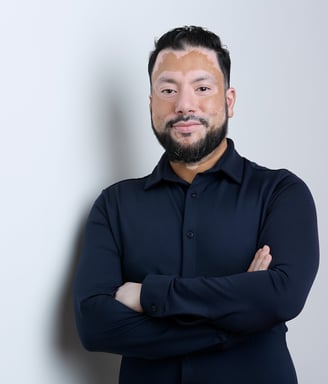Rooted in Faith. Built for Impact. Guided by Purpose.
Our story is more than professional — it’s personal. RAZA Muslim Consulting was born out of a lifelong commitment to spiritual care, cultural inclusion, and justice for Muslim communities.


Our Mission
To provide spiritually grounded, professionally informed consulting for organisations and individuals seeking to support Muslims with compassion, compliance, and cultural integrity. didn’t come this far to stop
Our Vision
A world where Muslim needs are not misunderstood, overlooked, or marginalised — but met with wisdom, dignity, and care. We envision inclusive systems that honour Islamic beliefs while advancing equity, justice, and holistic well-being. didn’t come this far to stop
Meet the Founder
Raza is a visionary consultant, chaplain, strategist, and spiritual leader with over two decades of experience in public service, pastoral care, and institutional transformation.
From university campuses to hospital wards, community spaces to national policy tables, Raza has walked alongside individuals and advised leaders on how to navigate Muslim needs with grace, understanding, and strategy.
As the Founder of RAZA Muslim Consulting, his mission is to offer a bridge between lived Muslim experiences and modern institutional structures — without compromise, without dilution.
Our Values
Integrity- We operate with truth, transparency, and trust in all that we do.
Compassion- Every interaction is rooted in mercy, care, and human dignity.
Excellence (Ihsan)- We aim for the highest standards — spiritually and professionally.
Justice- We challenge systems and ideas that exclude or marginalise.
Faith-Informed Practice- Our work is guided by Islamic principles and ethical reasoning.
Who We Work With
We work with institutions, leaders, and communities across sectors including:
NHS trusts & healthcare providers
Universities & student unions
Councils & public services
Mosques & interfaith partners
Families & private clients
Faith leaders & DEI officers
